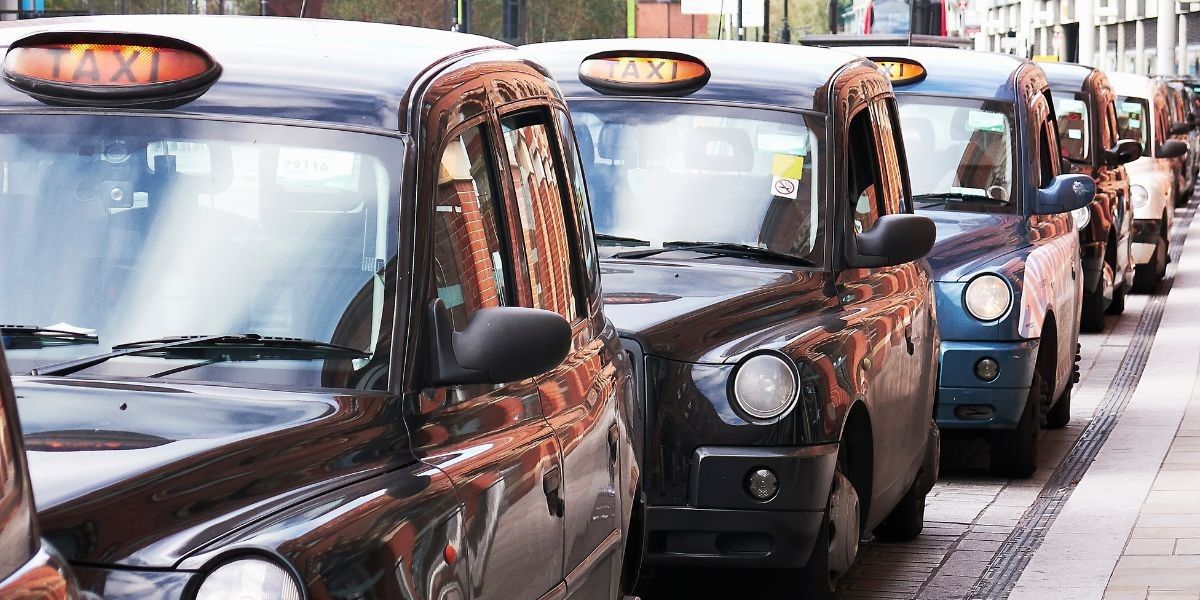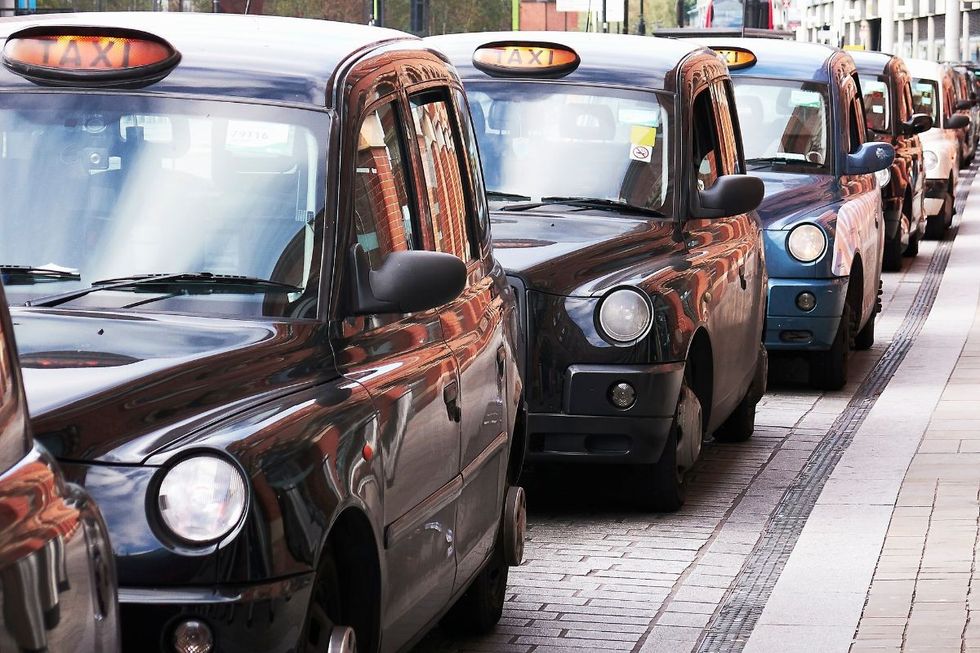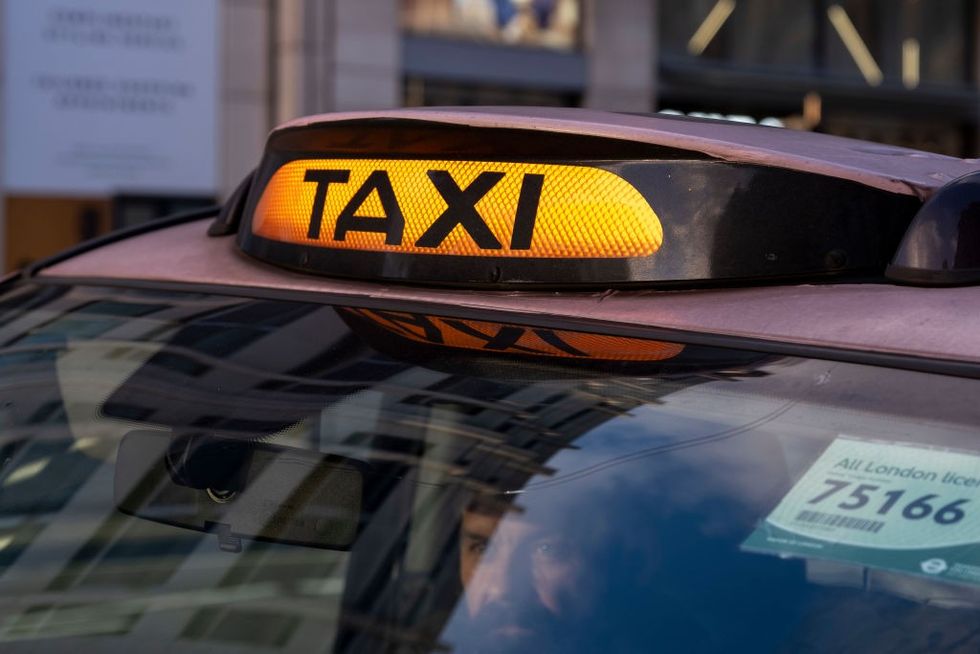



Taxi drivers have spoken of their frustration at an "insulting" 3p pay rise from their local authority that could force experienced drivers away from the trade.
Wiltshire Council has authorised its first tariff revision in three years, with daytime rates set to rise by just three to four pence per tenth of a mile starting in September.
Industry veterans argue these meagre adjustments fail to address soaring operational expenses, from vehicle maintenance to licensing fees, leaving many questioning their future in the business.
From September 1, hackney carriages licensed by Wiltshire Council will be permitted to charge increased maximum rates for daytime journeys.

Taxi drivers in Wiltshire have slammed the new pay rise, calling it an 'insult'
|GETTY
The adjustments affect tariff one, applicable to vehicles carrying up to four passengers between 7am and 9.59pm, with rates rising from 22p to 25p per tenth of a mile.
Tariff two, covering larger vehicles during the same hours, will see a 4p increase per tenth of a mile, the Gazette and Herald reported.
Evening, weekend and bank holiday rates remain unchanged, with tariffs three through five staying at current levels.
Veteran operators stationed at Chippenham Railway Station have condemned the adjustments as inadequate compensation for escalating business expenses.

Some taxi drivers warned that they could be forced away from the profession
| GETTYLocal taxi driver Vivienne Pepler said: "It may look good at 13.6 per cent, but when you look at the numbers, it's 3p and 4p, there has been hardly any change over the years.
"The council doesn't understand the cost of keeping a vehicle on the road, the price of parts, MOTs, and services have all gone up."
She highlighted how taxi drivers were already being forced to pay hefty sums for licensing, adding that the situation was "horrendous".
Russell Gibbings, a 20-year veteran of the trade, characterised the adjustment as "a massive pay cut" when accounting for inflation and living costs.
He added that the situation was a "massive insult" for taxi drivers who had worked in the local area for many years.
Mr Gibbings said it was becoming unsustainable to run a vehicle and a business "on a pay rise of a few pennies over six years".
Cabinet member for highways Martin Smith defended the fare structure revision, asserting the authority must strike an equilibrium between supporting licence holders' livelihoods and keeping transport affordable for residents.
"After we completed our annual fare review and benchmarking against neighbouring authorities, a fare increase was proposed and amended following driver feedback," he explained.
The councillor maintained that operators were engaged through consultations in March and May, with modifications made based on their input.
Many operators claim they received no advance notice of the authority's consultation process, contradicting official statements about engagement efforts.
Both Ms Pepler and Mr Gibbings expressed concerns about the trade's sustainability, with experienced drivers abandoning their livelihoods for more lucrative employment.
"This has always been an ideal job for me, but I'm getting to the point where I wonder why I bother, and I know my husband feels the same," Ms Pepler admitted.
